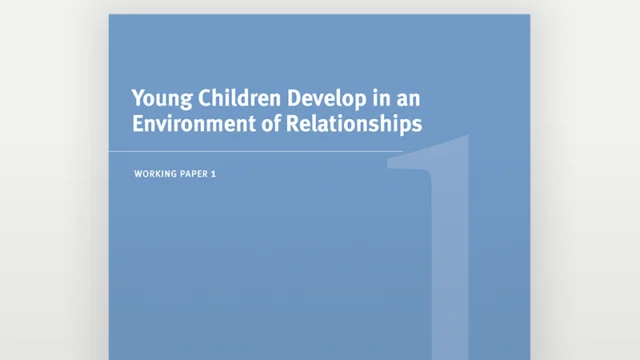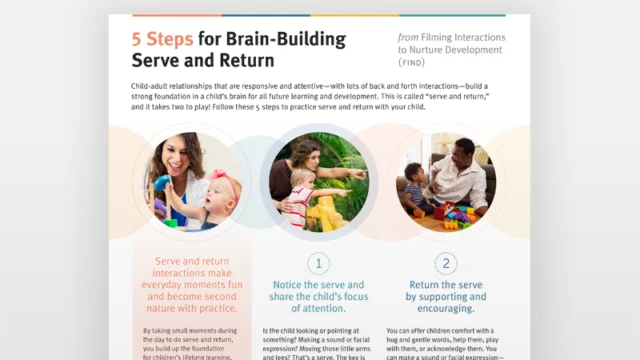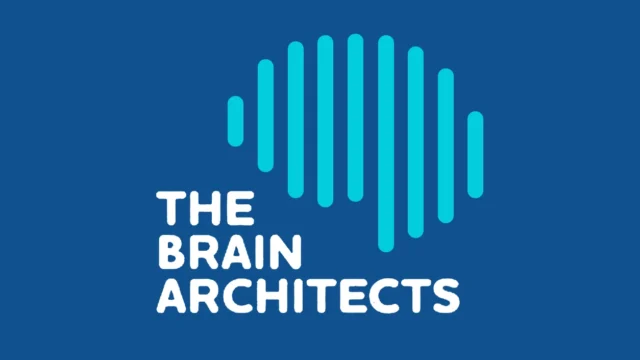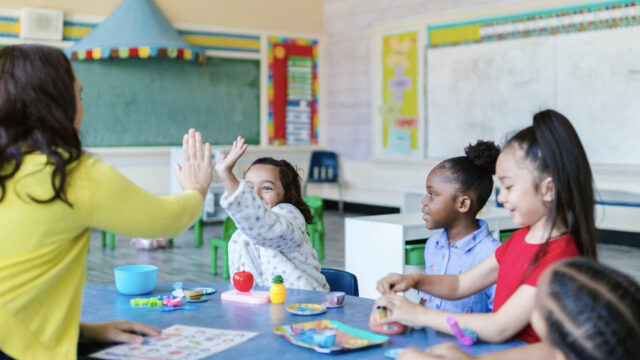A Guide to Serve & Return
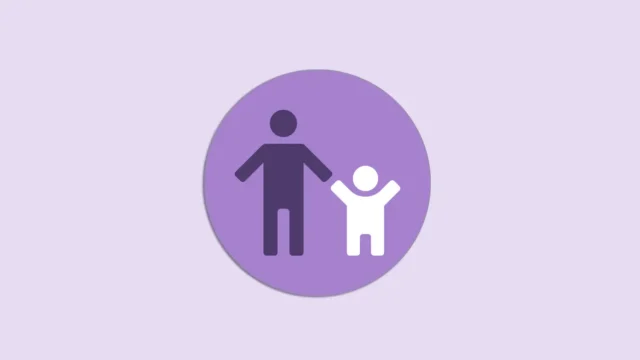
Responsive, attentive relationships with a caring adult help build a strong foundation for a child’s brain architecture and for all future health and well-being. When caregivers are responsive to a young child’s signals and needs, they provide an environment rich in serve and return experiences. Much like a lively game of tennis, the back-and-forth of these interactions is not only fun, but also good practice for building social and cognitive skills, and essential for healthy growth and development.
When caregivers experience stressors brought on by financial difficulties, chronic health issues, or systemic inequities, it can be challenging to provide consistent, responsive care. Policies and programs that reduce these stressors and support caregiver well-being can help strengthen caregiver capacities and foster healthy developmental environments for our children. The resources in this guide offer more on the science behind serve and return, practical ways to implement it, and strategies to support caregivers and children.
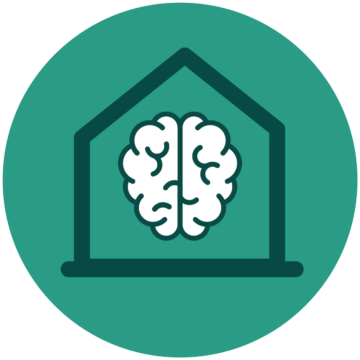 Brain Architecture
Brain Architecture
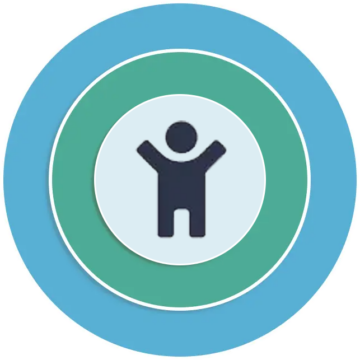 Developmental Environments
Developmental Environments
